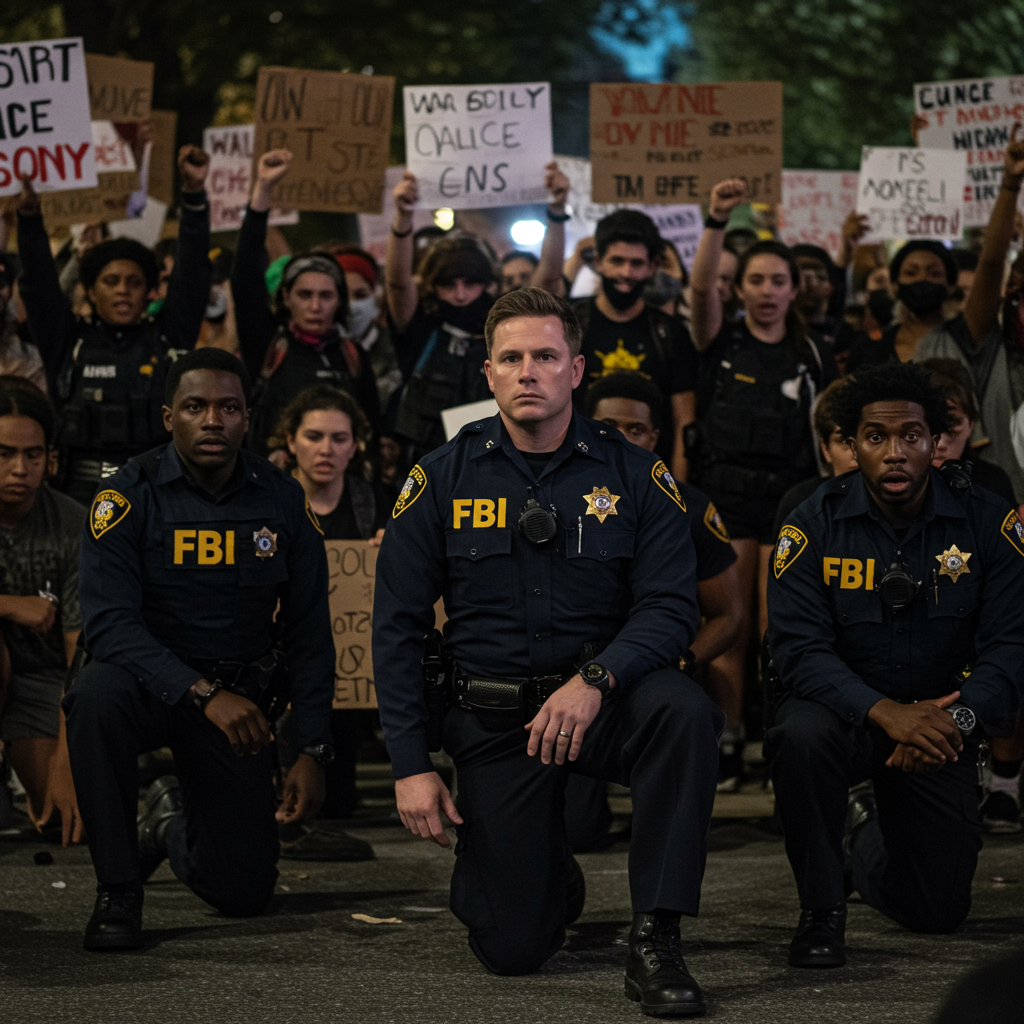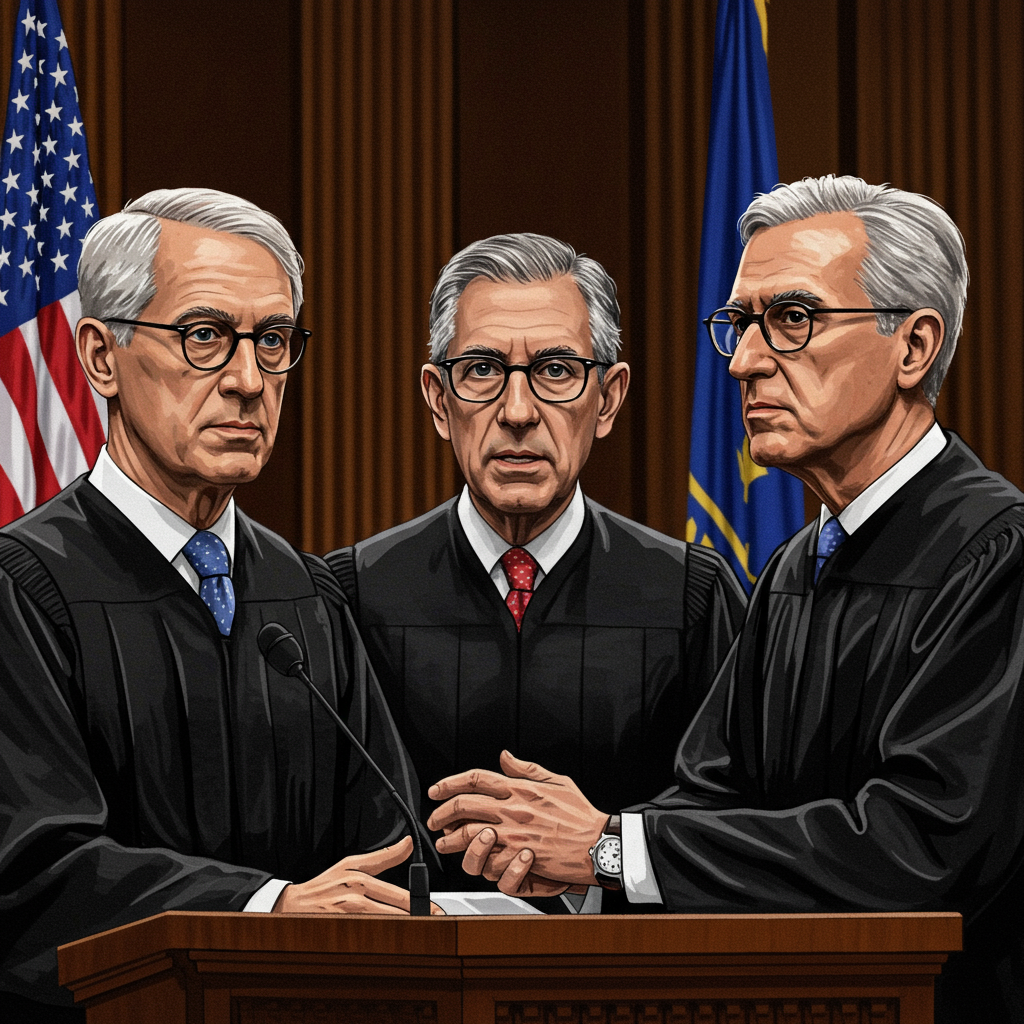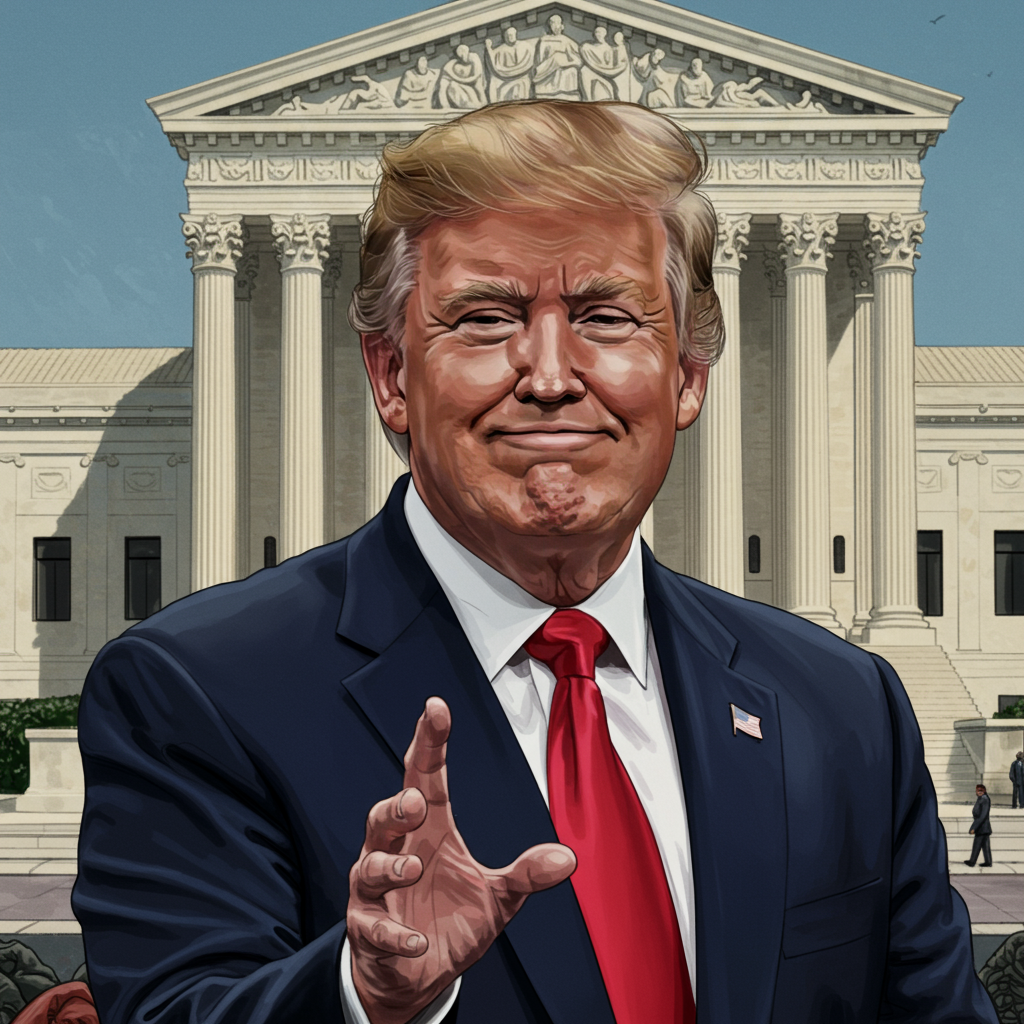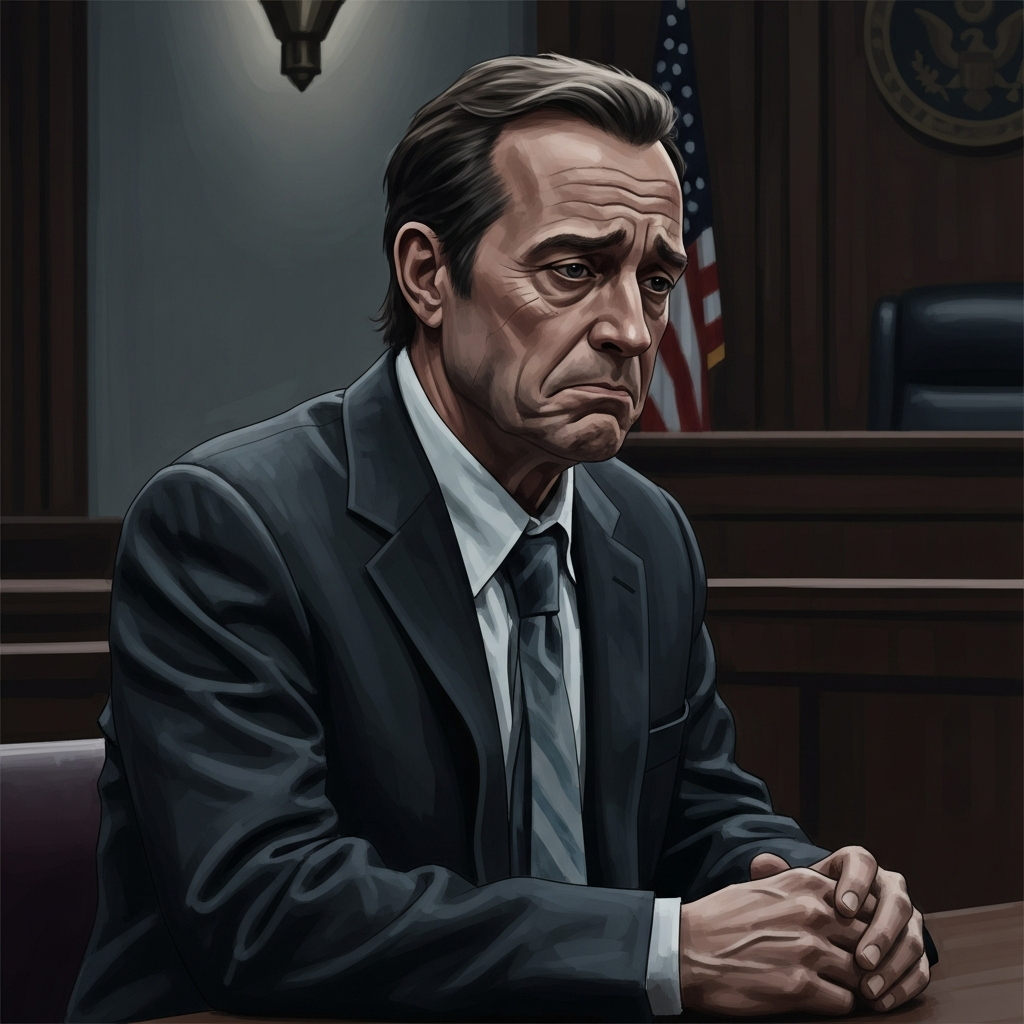Over a dozen FBI agents, including some famously photographed kneeling during intense 2020 racial justice protests, have been controversially fired. These significant dismissals follow earlier reassignments that were widely seen as demotions, igniting a fierce debate over due process, political influence, and the operational integrity of the nation’s premier law enforcement agency. The FBI Agents Association and former senior officials are decrying these actions, pointing to a potential politically motivated purge that could undermine the Bureau’s crucial functions and national security.
The Genesis of a Controversy: Kneeling During the 2020 Protests
The events leading to these recent FBI agents fired stem from June 4, 2020. Washington D.C. was a focal point of widespread demonstrations following the tragic police killing of George Floyd. Federal agents, including personnel from the FBI, were deployed by then-President Donald Trump and Attorney General Bill Barr. Their stated mission was to protect federal property from potential vandalism amid the civil unrest.
However, a 2024 review by the Department of Justice (DOJ) watchdog later highlighted significant confusion among agents from the Washington Field Office. They expressed uncertainty regarding Barr’s directives, reporting they were neither adequately trained nor equipped for responding to such large-scale civil disturbances. Faced with emotionally charged crowds, some agents made a crucial, on-the-spot decision. They knelt alongside protesters in a deliberate attempt to de-escalate tensions, a move that reportedly succeeded in calming the situation and allowing protesters to move on. This act of “taking the knee” had become a powerful symbol of dissent against police brutality and racial injustice, famously adopted by figures like former NFL player Colin Kaepernick.
Initial Bureau Response and Shifting Tides
At the time, the kneeling agents drew mixed reactions internally within the FBI. Critically, an internal review conducted under then-Director Christopher Wray found no grounds for disciplinary action. The Bureau, under Wray’s leadership, determined that the agents had not violated any specific policy. However, outside the Bureau, the kneeling incident quickly became a lightning rod for political criticism. Many on the political right, including then-Representative Matt Gaetz (R-Fla.), sharply condemned the agents’ actions and the FBI’s initial response, framing it as evidence of liberal bias within the agency.
The political landscape surrounding the FBI began to shift dramatically. The current Director, Kash Patel, subsequently initiated another investigation into the incident. This new inquiry ultimately led to the recent wave of firings. While Patel has denied political motivation, stating that those dismissed simply “failed to meet the bureau’s standards,” external observers and affected parties paint a different picture.
The Firings and Allegations of a Political Purge
The recent dismissals involved “over a dozen” FBI agents fired, with some reports suggesting the number could be as high as 15 to 20, including senior officials and military veterans. Termination letters reportedly cited “lack of judgment” as the reason for their dismissal, according to CBS News. These firings follow earlier reassignments for some of the agents, which were widely interpreted as strategic demotions prior to their ultimate removal.
The FBI Agents Association (FBIABA), an influential advocacy group representing thousands of current and former FBI agents, has vehemently condemned the firings. The association asserts that these dismissals constitute blatant violations of due process and the agents’ constitutional and legal rights. In a strong public statement, the FBIABA criticized Director Patel’s actions, labeling them a “dangerous new pattern” that severely weakens the Bureau. They argue that such moves eliminate valuable expertise, erode trust between leadership and the workforce, and make it considerably harder to recruit and retain skilled agents, thereby increasing risks to national security.
Broader Context of Personnel Changes
These controversial firings are viewed by many as part of a broader personnel purge under Director Kash Patel’s leadership, aimed at reshaping the federal law enforcement agency. High-profile departures and dismissals have become increasingly common, contributing to a reported decline in morale within the Bureau. Previous firings include individuals involved in significant investigations, such as:
Steve Jensen: Reportedly played a role in overseeing investigations related to the January 6, 2021, attack on the U.S. Capitol.
Brian Driscoll: Served as acting FBI director during the initial phase of Donald Trump’s second presidency and reportedly resisted demands from the U.S. Justice Department to disclose names of agents investigating the Capitol attack.
Spencer Evans: Another senior FBI supervisor.
Chris Meyer: Incorrectly rumored on social media to have participated in the investigation into Trump’s retention of classified documents at Mar-a-Lago.
- Walter Giardina: Participated in significant investigations, including one concerning Trump adviser Peter Navarro.
- www.npr.org
- www.bbc.com
- www.kdlg.org
- www.theguardian.com
- www.usatoday.com
These departures underscore a period of significant upheaval and political tension within the FBI.
Legal Challenges and Unanswered Questions
The controversy has escalated with three former senior FBI agents – Brian Driscoll Jr., Steven Jensen, and Spencer Evans – filing a 68-page lawsuit against Director Patel, the FBI, Attorney General Pam Bondi, the Department of Justice, and the Trump administration. Their lawsuit alleges that they were illegally fired as part of a concerted effort to transform the FBI into an “arm of the White House.” They claim their dismissals were politically motivated retribution and violated their constitutional and legal rights.
The lawsuit further claims that Director Patel himself acknowledged that firing agents based on the cases they worked was “likely illegal.” However, he allegedly indicated he was powerless to stop these dismissals due citing determination from the White House and the Justice Department to remove all agents who had investigated former President Trump. Director Patel, for his part, has publicly denied taking orders from the White House regarding personnel decisions, maintaining that all dismissals were based on merit. The FBI has officially declined to comment on specific personnel matters.
The ongoing legal battles and the FBI Agents Association’s call for a congressional investigation highlight the gravity of the situation. The allegations raise serious questions about the independence of federal law enforcement, the rights of employees, and the potential for political interference to compromise critical agencies. The dispute over the 2020 protests kneeling incident, and the subsequent firings, reflects a deeper struggle for the future direction and integrity of the FBI.
Frequently Asked Questions
What led to the firing of FBI agents linked to the 2020 protests?
The firings stem from an incident on June 4, 2020, where FBI agents, deployed to Washington D.C. during racial justice protests, knelt with demonstrators. This was a tactical decision to de-escalate tensions, but it later drew sharp criticism from some political figures. While an initial internal review found no grounds for discipline, a subsequent investigation under Director Kash Patel led to the dismissals, citing “lack of judgment” for some.
What is the FBI Agents Association’s stance on these firings?
The FBI Agents Association (FBIABA) has strongly condemned the firings, asserting they violate the agents’ due process and legal rights. The association characterized Director Patel’s actions as a “dangerous new pattern” that weakens the Bureau, erodes trust, and hinders recruitment and retention of skilled agents, ultimately posing a risk to national security. They have called for a congressional investigation into the matter.
Have any of the fired FBI agents taken legal action?
Yes, three former senior FBI agents—Brian Driscoll Jr., Steven Jensen, and Spencer Evans—have filed a lawsuit against Director Patel, the FBI, and other government entities. They allege improper and illegal termination, claiming their dismissals were politically motivated retribution designed to appease former President Trump and transform the FBI into an “arm of the White House.” Director Patel has denied these allegations, stating firings were due to agents failing to meet Bureau standards.
The controversy surrounding these FBI agents fired continues to unfold, leaving significant implications for the Bureau’s future and its role in American society. The outcome of ongoing legal challenges and potential congressional inquiries will be critical in defining the parameters of political influence within federal law enforcement.




